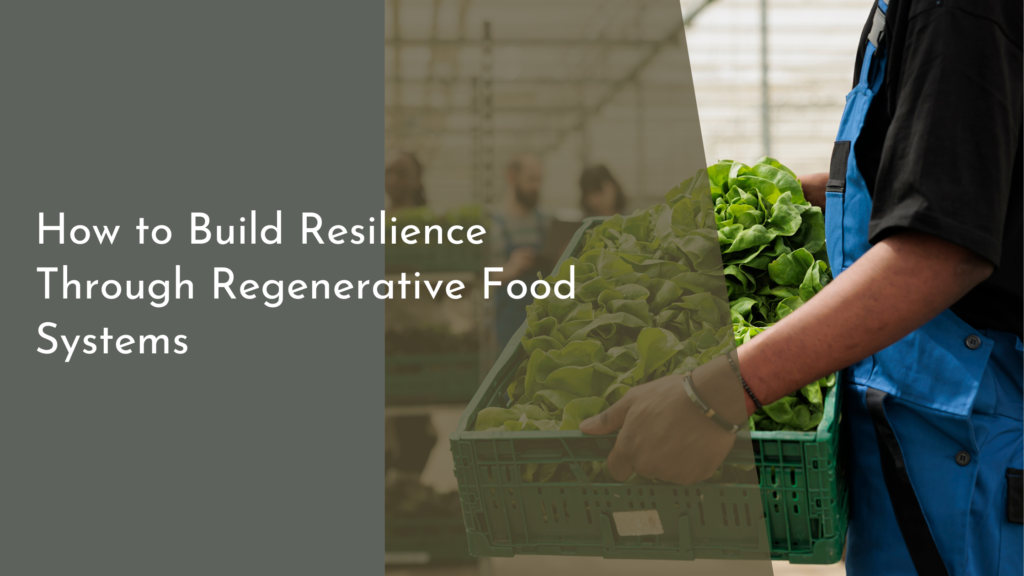Engaging Youth: Initiatives for Learning Permaculture
In a world increasingly challenged by climate change and environmental degradation, engaging youth in sustainable practices like permaculture is more important than ever. Permaculture, a design philosophy that seeks to create sustainable and self-sufficient agricultural ecosystems, offers an exciting opportunity for young minds to learn about the natural world while contributing positively to it. This article explores various initiatives aimed at teaching permaculture to youth, focusing on discovery, hands-on learning, empowerment, and community-building.
Discovering Permaculture: A Fun Journey for Young Minds
The journey of discovering permaculture is an engaging adventure for young people. As they explore the principles of permaculture, such as observing nature, using resources wisely, and creating sustainable systems, they also tap into their creativity and curiosity. Educational programs often introduce permaculture concepts through interactive workshops, nature walks, and multimedia resources that captivate young learners. By connecting ecological principles to real-world scenarios, youth can understand how their actions impact the environment and what they can do to foster sustainability.
Additionally, schools and community organizations are beginning to incorporate permaculture into their curricula, making it accessible to more students. By integrating subjects like science, art, and social studies with permaculture activities, educators can create a holistic learning experience. This approach not only nurtures a sense of responsibility towards the environment but also instills critical thinking and problem-solving skills. Young minds are encouraged to ask questions, experiment, and ponder solutions, all within the context of sustainable living.
Hands-On Learning: Engaging Activities in Permaculture
Hands-on learning is at the heart of permaculture education, allowing youth to immerse themselves in practical experiences that reinforce theoretical knowledge. Activities such as building garden beds, composting, and planting trees provide immediate feedback and tangible results. These engaging activities encourage teamwork, responsibility, and a deep connection to the land, making the learning process enjoyable and effective. Students often take pride in their contributions, fostering a sense of ownership and commitment to their environment.
Moreover, permaculture projects can be easily adapted to various settings, from urban rooftop gardens to rural farms, allowing youth from diverse backgrounds to participate. Workshops and camps focused on skills such as seed saving, natural pest control, and water conservation are increasingly popular. By engaging in these activities, young people not only enhance their understanding of permaculture principles but also develop practical skills that they can use in their daily lives. This experiential learning cultivates a generation of environmentally conscious individuals ready to make a difference.
Youth-Led Projects: Empowering Future Eco-Leaders
Empowering youth to lead their own permaculture projects is an excellent way to foster leadership skills and creativity. By allowing young people to design and implement their initiatives, they gain hands-on experience in project management, teamwork, and community engagement. Whether it’s a school garden, a community composting program, or an urban farming initiative, these projects not only teach essential permaculture principles but also encourage youth to take ownership of their environmental impact.
Youth-led projects often spark enthusiasm and inspire peers to get involved. When young people see their friends leading successful initiatives, they are more likely to participate and contribute their ideas. This ripple effect creates a vibrant community of eco-leaders who share knowledge and motivate one another. Organizations that support youth-led initiatives provide essential resources, mentorship, and funding, helping to turn innovative ideas into reality. By fostering these leaders, we cultivate a new generation dedicated to sustainable living and environmental stewardship.
Building Community: Connecting Through Permaculture Initiatives
Permaculture initiatives naturally promote community building, as they often require collaboration and shared resources. Community gardens, for instance, provide a space where individuals of all ages can come together, share knowledge, and work towards a common goal. These initiatives encourage social bonds and foster a sense of belonging, creating networks of support among participants. Young people learn the importance of teamwork and community engagement while cultivating their plants and growing food for those in need.
Furthermore, community events centered around permaculture, such as workshops, harvest festivals, and educational fairs, invite families and neighbors to participate in the learning process. These gatherings celebrate local knowledge and traditions while introducing innovative permaculture techniques. As participants share their experiences and successes, they create a culture of sustainability that extends beyond the initial project. This interconnectedness nurtures a community that is not only resilient but also proactive in addressing environmental challenges together.
Engaging youth in permaculture education is a powerful way to foster environmental awareness, creativity, and leadership. Through discovery, hands-on learning, and community initiatives, young people can explore sustainable practices while building valuable skills for the future. As they lead their projects, they not only empower themselves but also inspire their peers and communities to embrace the principles of permaculture. Together, we can cultivate a more sustainable world, one vibrant garden and eco-conscious leader at a time!

